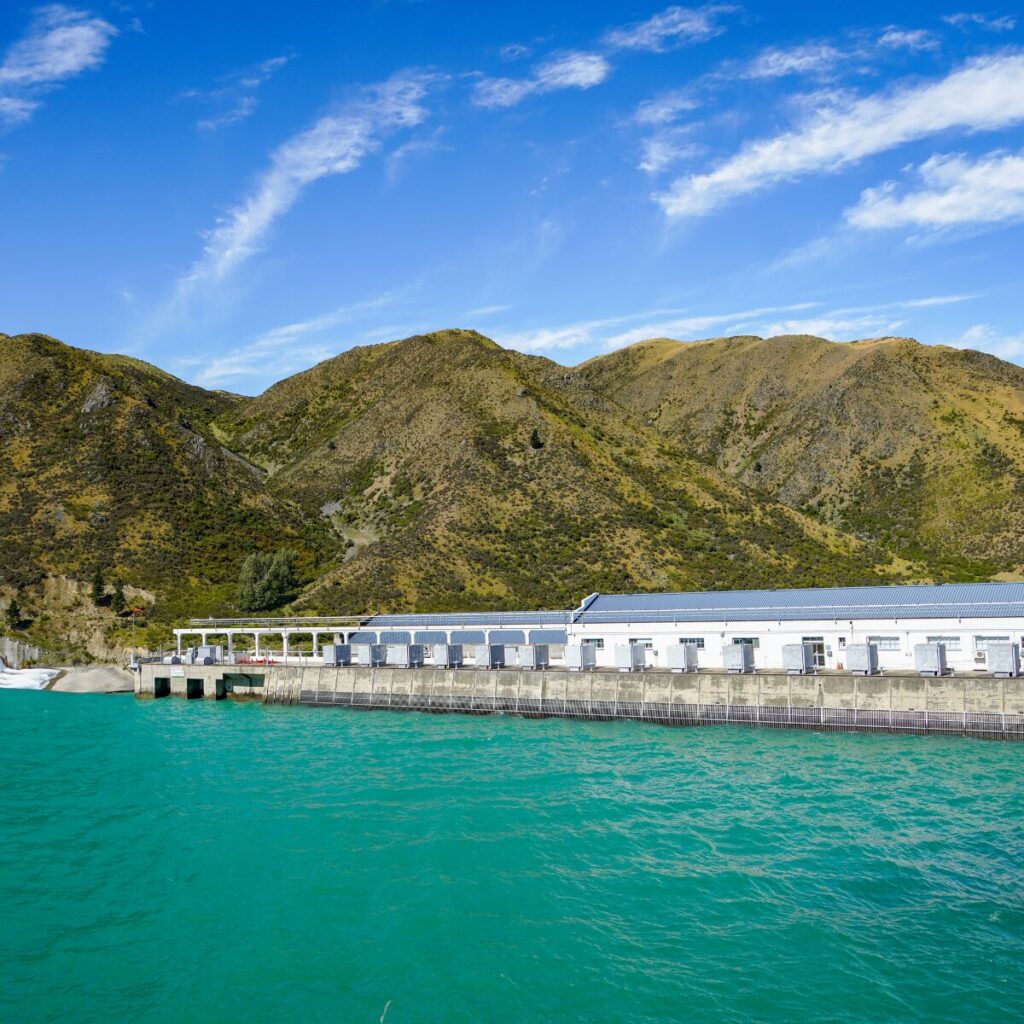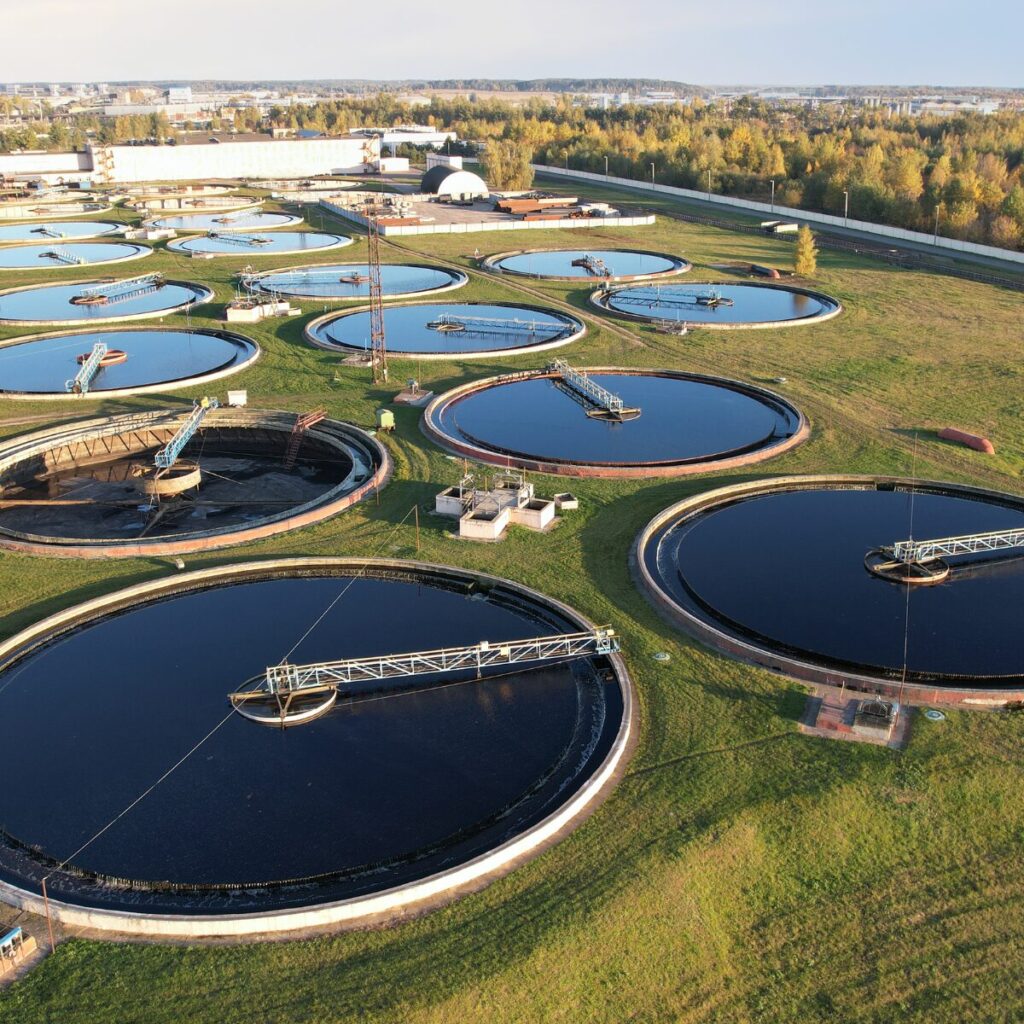Three Waters, a term that has been a political football for years, kicked back and forth across the parliamentary benches, is back in the news.
After the repeal of the previous government’s centralized water management plans, the current New Zealand government’s “Local Water, Done Well” approach is gaining momentum.
The previous Three Waters legislation aimed to consolidate water management across the country. However, the new approach will return control to local councils while still addressing the challenges of aging infrastructure and ensuring reliable water services.
The main points of this new legislation include:
- Council Control Remains: Councils will retain ownership of water assets, but they now have the option to establish separate water organizations
- New Water Organisations: These organisations can be limited liability companies co-owned by councils and consumer trusts
- Financial Independence: The new water organisations can be structured to have separate credit ratings from their council owners, potentially making it easier to secure funding for infrastructure projects
- Increased Borrowing: Councils can borrow more for water services through the New Zealand Local Government Funding Agency (LGFA)
- Minimum Requirements: All water service providers, including the new organisations, must meet specific minimum service standards set by the government.
- Water Service Delivery Plans (WSDPs): Councils must develop a WSDP which sets out how the council intends to deliver water services to their communities, ensuring that these services are reliable, affordable, and sustainable



Additionally, the reforms allow for the water organisations to operate across multiple council boundaries. This means that a single organisation could potentially manage the water infrastructure for multiple councils, providing economies of scale and potentially improving efficiency.
After several years in the wilderness, it now seems that there is a way forward for three waters. As councils seek solutions to address infrastructure challenges and improve water management, FME’s ability to streamline processes and manage complex data is becoming increasingly valuable.
We’re certainly seeing a surge in inquiries from councils interested in leveraging FME for a variety of three waters applications. One potential use case is the creation of asset registry reports to support Water Supply Development Plans (WSDPs). FME’s automation capabilities can significantly reduce the time and effort required for this task.
Another area where FME excels is combining geospatial data from different councils into a unified output. This can provide valuable insights into regional water infrastructure and help identify areas for improvement.
Our experience working with different Councils in the three waters field means that we also know the countless ways in which FME can be used to automate workflows, support field operations, and manipulate data… and generally make three waters data management less of a challenge. If you haven’t explored FME yet, now might be the time to give it a try – use the links below to contact Chris Morris at Locus for a chat or register for FME Accelerator, our free 90 minute intro to FME.
More Resources
Chris MorrisLearn more about FME
Register for FME Accelerator: free 90 min intro to FME
Join the Locus FME Utility Meet-Up



